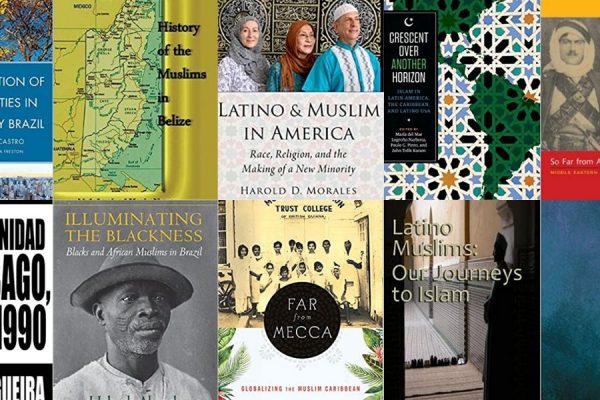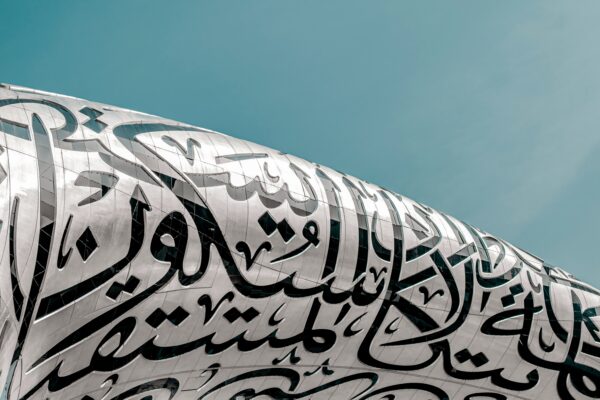Would a person of colour have been offered the contract? Would they have been trusted to select and edit the anthology?
Would a person of colour have been offered the contract? Would they have been trusted to select and edit the anthology?
My history with Penguin goes back to when I was a child. I used to read their books widely, recognising and selecting books with the familiar Penguin logo stamped on the front and on the spines. I dreamed of being a writer and wondered how it would feel to be published, and to see my name on those books.
At thirteen I won a newspaper competition for writing about marginalised voices and Penguin asked for 14 more similar poems to publish in my first anthology. At the time, I declined, feeling as though 14 poems was an overwhelming feat for a busy teen.
Always writing on the sidelines, from short fiction stories to content writing, and with my debut novel, Jasmine Falling, newly published, I answered a call for submissions for an anthology of Tales of Muslim Worlds. The editor was looking for non-fiction stories from Muslim experiences and since I work on representing Muslim women and had experience of researching pieces in my heritage homeland of Palestine, I submitted a few pieces.
A year after submitting, I received the email that every writer loves to see pop up in their inbox: ‘Good news – we found a publisher’. My writing had been selected from a pile of submissions and was going to be published by a major publisher. I read the email, and the book deal for the above anthology was being bought by none other than Penguin. It was a sign; our relationship was beginning again almost two decades later.
When I read the contract, it stated an honorarium sum of a minimal amount offered to authors, and that all other rights were relinquished for both current and future, worldwide rights to the story. No royalties would be shared with the authors. I felt disappointed that our collective experiences that would come to make up the anthology and used for the growing appetite for diverse narratives still side-lined us as not being important enough that we would also share in the success of the book.
The response from the editor was that ‘I always saw this as social not-for-profit’, which seemed strange considering the last time I looked, Penguin is not a charitable organisation. And just to make things clear; the proceeds are also not going to charity. This was disappointing because I am an advocate for diverse narratives. I write for free to support non-profit organisations like Muslimah Media Watch because I believe it’s important to contribute to society and for causes we believe in. I understand that all projects have different payment terms for their authors and there are many reasons for contributing to an anthology; however, when a publishing company of this size is involved, financial incentive is the prime reason for selecting successful submissions and therefore is more of an indicator that profit should be shared accordingly with those who contributed. Also, as Susan Spann, a Californian publishing attorney says, “If the anthology doesn’t pay royalties to authors, the contract should state who receives the money earned on anthology sales”. The money received neither went to a charity or the contributing writers. I didn’t just invest my writing time. I also forwarded the call for submissions to contacts which I was told drove more worldwide submissions to the editor.
On reaching out to my Muslimah Media Watch colleagues, I heard that this isn’t uncommon. That people of colour are side-lined and those that aren’t share the spotlight and the financial rewards of such a project, despite these people being outside of the demographic that they are making money from. It isn’t us who win the contracts; even if it is our stories that are being told. This is important because if the editor is outside of the demographic, what perspective is being added to the writing? What writing is being selected? I have had multiple experiences where UK based agents replied to my manuscript requests with responses that told me my Palestinian narrative doesn’t ‘fit’. Why does it not fit? Probably because in my narratives, faith empowers women. It doesn’t fit the standard orientalist trope of oppression and other stereotypes that are still prevalent in Western media on the East. This isn’t unusual given Edward Said’s work on Orientalism, the term defined as, “a system of representations framed by a whole set of forces that brought the Orient into Western learning, Western consciousness, and later, the Western empire” (Said, Orientalism). This is idea has also been readdressed in Disney’s remake of Aladdin. They have faced criticism, as said by Fatima Zehra, the Deputy Editor at Kajal Magazine, that “just because Aladdin is casting a brown lead doesn’t mean it’s not racist”. It isn’t just about the actors of colour being used. It is about a presentation of a type of culture that reinforces cultural stereotypes, often based on tropes rather than reality.
Margaret Busby says, “Mainstream publishing is too institutionalised in its biases to be corrected by a few new authors or schemes”. What we have is a problem that stems back centuries and as Said eloquently explains in his now canonised literary classic, it doesn’t allow the perspectives of the East to be determined outside of how the West frames them. Therefore, token schemes or narratives and who is editing them need to be analyzed more closely. Would a person of colour have been offered the contract? Would they have been trusted to select and edit the anthology? This selection and side-lining is still a problem in the Western publishing industry and beyond.
Organisations want to make money off this growing market, but visibility hasn’t helped our everyday experiences or how we are viewed in societies. Under a Trump administration and an increase in far-right groups, restrictions, and bans on Muslim dress in Europe, it isn’t easy to keep sharing our experiences in the hope for change. These aren’t stories; these are people’s lives. There is an increase in the interest and purchasing power of Muslim narratives, but still not fully sharing the positive, and in this case, financial results of such a project. The Intercept’s article on rising Islamophobia and the increase in the marketing of Muslim women also sprang to mind. Kumar states, “Since the early 2010s, multinational Western companies have catered to Muslim consumers after marketing consultants identified them as an influential demographic with growing spending power”.
Therefore, out of principle, I withdrew my story. It wasn’t an easy decision to make. Penguin will remain the elusive publisher. But I hope that for the future if people want to experience other peoples’ worlds and cultures and to sell them to as consumers, the price should be a fair one and all-inclusive. I also believe that there needs to be more space for diverse literary agents and editors who understand the foundations of Orientalism, so there is space for more books that explore different perspectives.
Jasmine Falling has since been described as ‘a book that excels at portraying the day to day reality of the Muslim faith experience’ (The Reading Women). So, it is interesting when I look back over my UK publishing feedback after I sent the manuscript out and I see a disconnect between how it is interpreted and how the UK industry couldn’t make those connections. My latest book, The Tower, mirrors reality when a scene in my book reflected a devastating real-life event stemming from Islamophobia. Sarabi Eventide for Muslimah Media Watch states that is why it is important to have authentic experiences selected “to take some of the guesswork out of understanding what Muslims are thinking, feeling and experiences”.
I am sure this is the same for many diverse writers out there so my advice would be to continue and to understand that the industry may not understand you yet, but your readers probably will.
My short stories are now available for free via my website and my latest novel, The Tower, set in London, is published by Beacon Books.





